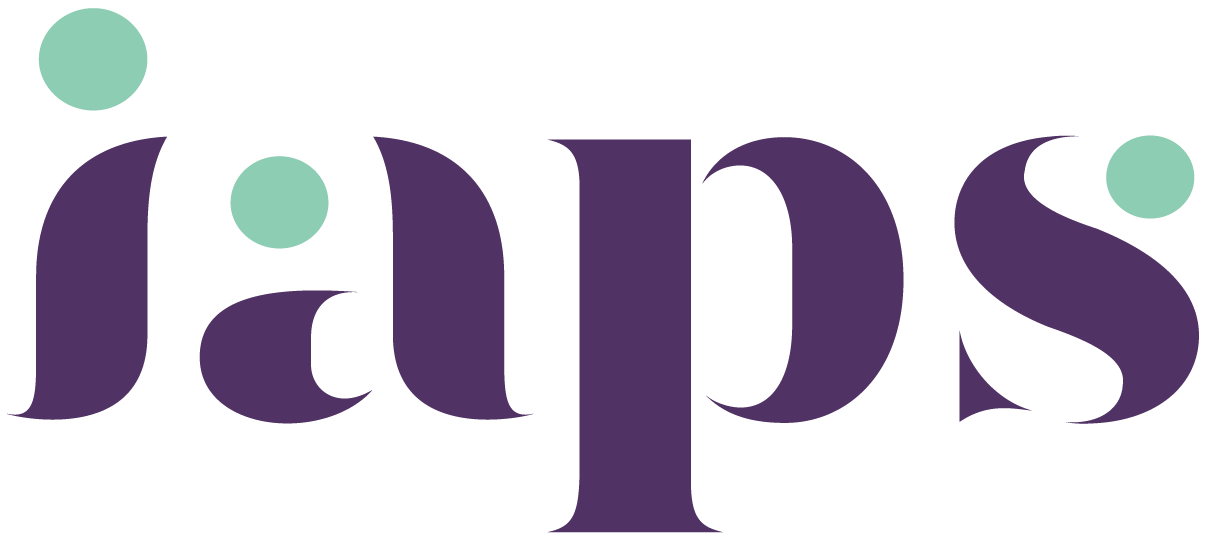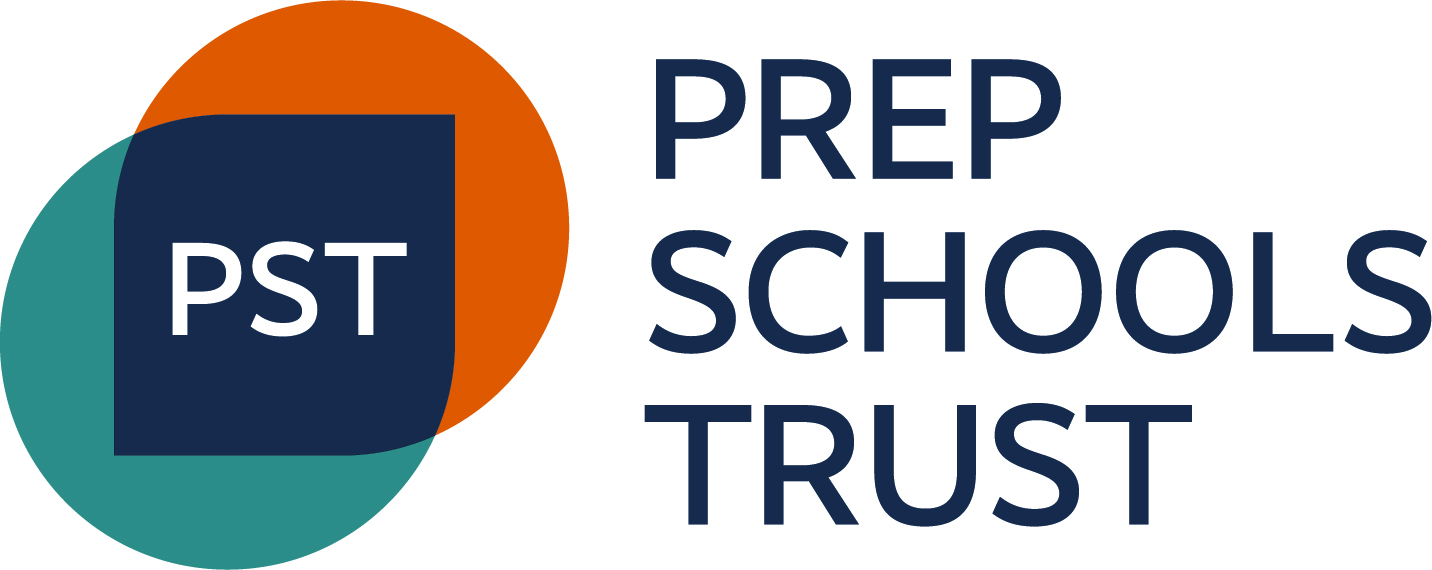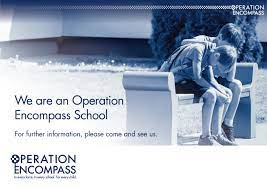The Advantages of Early Language Education
.png)
In an ever-connected world where cultural and linguistic diversity is celebrated, the importance of early language education cannot be overstated. As societies become increasingly intertwined, fostering a global perspective and understanding different cultures is essential.

Early language education serves as a gateway to cultural diversity, exposing children to a myriad of traditions, customs, and perspectives from around the world. By learning other languages, children gain insights into the values and beliefs of different communities, fostering a sense of empathy and understanding. This exposure to cultural diversity from an early age lays the foundation for creating open-minded, inclusive individuals who appreciate and respect differences.
In an era of global interconnectedness, proficiency in modern foreign languages is a valuable skill that transcends geographical boundaries. Early language learning equips individuals with the tools to communicate effectively in an international context, contributing to the development of global citizens, who possess the cultural competence and language skills necessary to navigate a world that values collaboration and cooperation across borders.

Early language education encourages an open-minded approach to other cultures. It goes beyond the mere acquisition of vocabulary and grammar, instilling an appreciation for cultural nuances and communication styles. By embracing the richness of diverse languages and cultures, young learners develop a broad perspective that promotes inclusivity and understanding in an increasingly interconnected world.
The advantages of early language education extend beyond cultural and linguistic proficiency. Research indicates that learning a second language from an early age has cognitive benefits, positively impacting brain development. Active engagement in language learning enhances memory, concentration, and problem-solving skills. These cognitive benefits contribute to improved academic performance and overall mental agility.

Language learning involves active listening, a skill that is fundamental in both educational and social contexts. Early exposure to other languages hones active listening skills, teaching children to discern subtle nuances in pronunciation, intonation, and meaning. These skills not only aid language acquisition but also translate into improved communication and comprehension abilities in their native language.
Mastering a second language requires memorisation and concentration, skills that are transferable to various aspects of a child's academic journey. The process of recalling vocabulary, grammar rules, and cultural nuances enhances memory retention and concentration, fostering a disciplined and focused approach to learning.

Language acquisition is an achievement that boosts a child's self-esteem and confidence. As children successfully navigate the challenges of learning new languages, they develop a sense of accomplishment and pride in their abilities. This positive reinforcement extends beyond language learning, influencing their overall approach to tackling new challenges in various areas of life.
Early language education is most effective when it is enjoyable and engaging. Incorporating fun and interactive activities into language learning not only makes the process more enjoyable but also stimulates imagination and creativity. Through storytelling, games, and role-playing, children can explore the linguistic landscape with enthusiasm, promoting a positive attitude toward language acquisition.
Early language education is a powerful tool for shaping well-rounded individuals with a global perspective. By embracing cultural and linguistic diversity, promoting the learning of modern foreign languages, and nurturing cognitive and social skills, we pave the way for the development of open-minded, empathetic, and culturally competent citizens. In a world that thrives on connectivity and collaboration, early language education is an investment in the future, fostering a generation of individuals equipped to navigate the complexities of our diverse and interconnected world.









